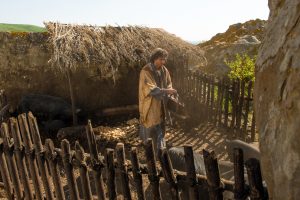R for Return
Returning… THE return
The return that the period of Lent proposes to us.
It is one of the important themes of this special season.
An inspiring text of Luke’s gospel describes the journey to which we are invited.
The parable is well known to us – it is the one entitled: The Prodigal Son (Luke 15:11-32).
The familiar story points out that, having squandered all his heritage, the young man finds himself without any resources.
He regrets bitterly all that he used to enjoy in his Father’s house.
It is then that the turnaround takes place!
The text says clearly: “He came to his senses”. Or, “He returned to himself”.
“He came to his senses, he said,
‘How many of my father’s hired servants have food to spare,
and here I am starving to death!
I will set out and go back to my father and say to him:
‘Father, I have sinned against heaven and against you.
I am no longer worthy to be called your son;
make me like one of your hired servants’.”
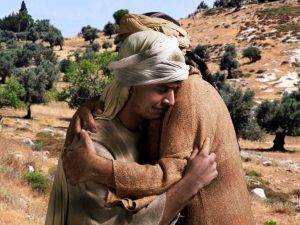 Having returned to himself, he decides to return to his father.
Having returned to himself, he decides to return to his father.
The welcome that awaits him goes far beyond what he could have anticipated – a feast, yes,
but more still the renewed relationship with his father in the manner of the Father whom Jesus evokes.
“While he was still a long way off,
his father saw him and was filled with compassion for him;
he ran to his son, threw his arms around him and kissed him”.
It is precisely this Father – the Father of Jesus – who awaits OUR return.
The return from… our self-complacency,… our obstinacy… our hypocrisy…
We have first to return to ourselves…
Then, step by step, to set out on the road which will bring us back ‘home’ – to HIM.
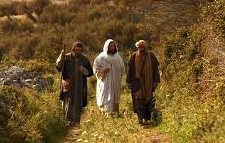 John, the apostle, shows him leaving Judaea for Galilee – a journey of some 112 kilometers (John 4:3).
John, the apostle, shows him leaving Judaea for Galilee – a journey of some 112 kilometers (John 4:3).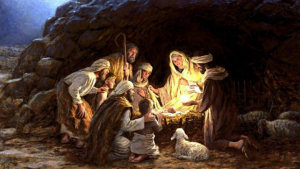
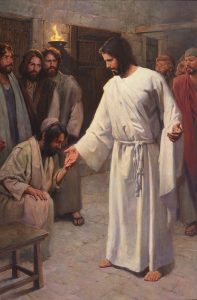 Thomas, the apostle, has been blamed and praised probably in equal measure!
Thomas, the apostle, has been blamed and praised probably in equal measure!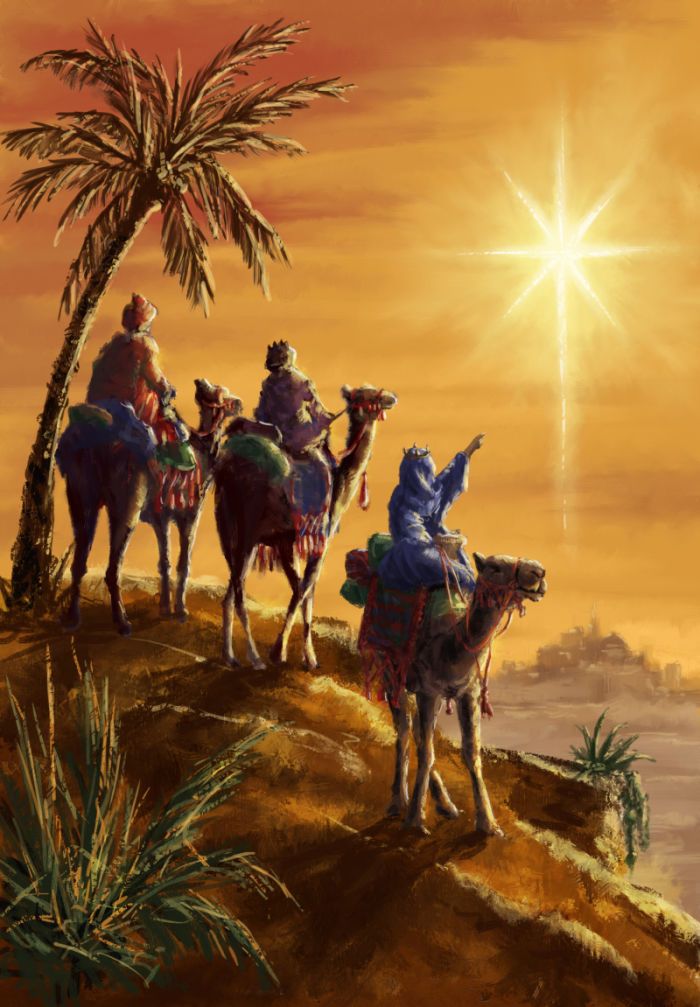 Today’s gospel, on the Feast of Epiphany (Mt.2:1-12) illustrates this very clearly.
Today’s gospel, on the Feast of Epiphany (Mt.2:1-12) illustrates this very clearly.